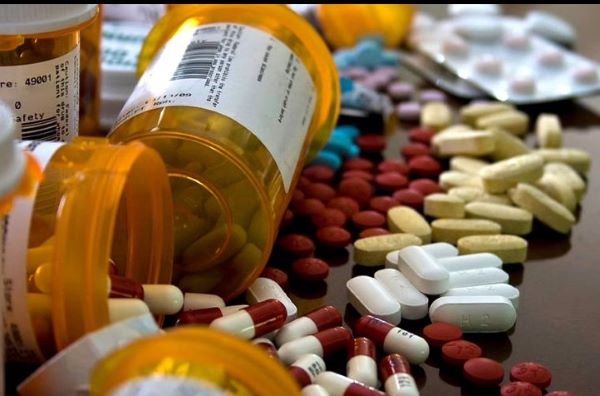The Federal Government has pledged to bring down the soaring cost of drugs to make it affordable to Nigerians.
The Director-General, National Agency for Food and Drug Administration and Control (NAFDAC), Prof. Mojidola Adeyeye stated this in a statement on Sunday in Abuja.
The statement disclosed that Adeyey gave the assurance at a webinar lecture organised by The Cable newspaper to celebrate its 10th anniversary with the theme: “Addressing Costs of Medicines.”
According to Adeyeye, the current high cost of drugs in the country will become a thing of the past as the Agency is working in partnership with pharmaceutical industries to bring down the cost of drugs.
She identified the rejuvenation of the local pharmaceutical industries as a panacea for the high cost of drugs in the country.
The DG said that locally manufactured medicinal products would be more accessible and affordable compared to imported drugs if local pharmaceutical industries were rejuvenated.
ALSO READ Why Nigerians need to rethink traditional medicine
According to her, the devaluation of the Naira accounted largely for the high cost of production locally as the high exchange rate made procurement of raw materials and equipment imported for production extremely high.
She said that due to the difficulty associated with the procurement of dollars, the cost of the imported drugs has hit the roof, adding that the two multinational industries that left the country also amounted to the high cost of some medicals.
Adeyeye also disclosed that NAFDAC under her leadership started the “5 plus 5” regulatory scheme which entails companies importing drugs that could be produced by the local pharmaceutical industry to get a last five-year renewal.
She said that during the five-year renewal period, the importer must migrate to local manufacturing or partner with local manufacturers, adding that this was an outcome of a study.
She said that over 30 per cent of new companies in Nigeria sprung up as a result of the “5 plus 5” initiative, adding that it had encouraged many importers to build their companies.
Adeyeye stressed that some of the NAFDAC initiatives were aimed at reducing the cost of drugs, adding that local manufacturing cannot start without strengthening the regulatory process.
The statement also quoted the Coordinating Minister of Health and Social Welfare, Prof. Ali Pate, as saying that the policy measures put in place by President Bola Tinubu would soon begin to reflect on essential medical commodities.
NAN


